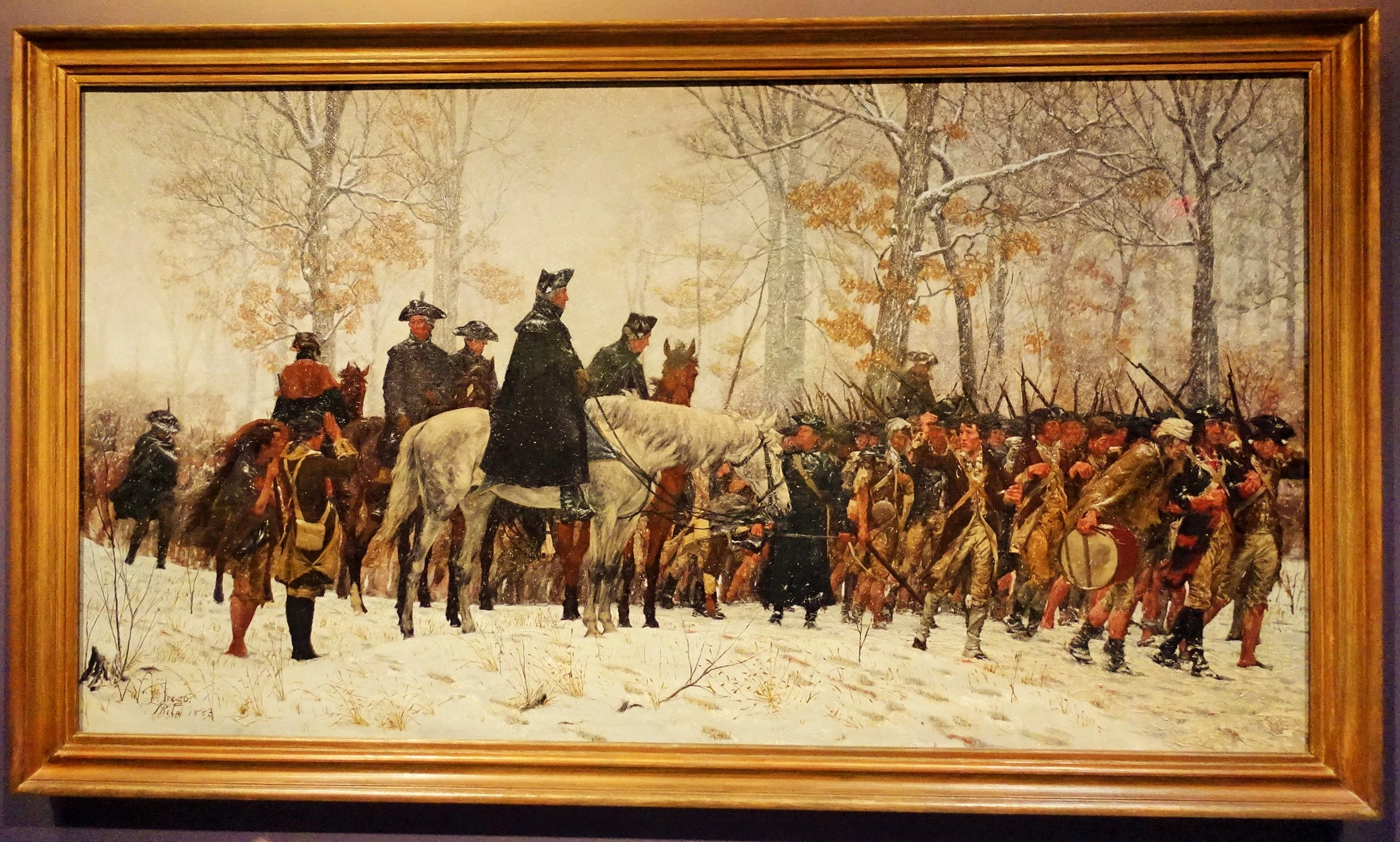The War of Independence: How the American Revolution Shaped Surnames and Identity
By the mid-18th century, Britain's American colonies were undergoing significant social and economic change. Many colonists valued personal effort and opportunity over inherited status, an outlook that contrasted sharply with Britain's hierarchical system.1 Britain also began to exercise tighter control over colonial affairs. Laws affecting taxation, trade, and governance were increasingly decided in Parliament. Colonial assemblies retained limited practical authority, which led to growing resentment among colonists.
Imperial Policies and Colonial Resistance
After the Seven Years’ War, Britain introduced new taxes and trade regulations, including the Revenue Act of 1764 and the Stamp Act of 1765, which placed financial pressure on merchants, artisans, and farmers.2 It also stationed a permanent army in North America and expected colonists to help pay for its upkeep while restricting settlement beyond the Appalachian Mountains, a move many colonists interpreted as limiting their economic opportunities rather than providing protection.
From Protest to Armed Conflict
Colonial resistance first began with petitions, public meetings, and organized boycotts. The phrase "taxation without representation" became a unifying expression of grievance. In 1773, opposition escalated when colonists destroyed taxed tea in Boston Harbor rather than pay the duty, signaling a clear shift toward open defiance and rejection of British authority.3
The Outbreak of War
Colonial leaders met at the First Continental Congress in 1774 to coordinate resistance and present grievances to the Crown, but these diplomatic efforts failed, and armed conflict began in April 1775 at Lexington and Concord, marking the start of the War of Independence.
Declaring Independence
In July 1776, the Second Continental Congress adopted the Declaration of Independence and organized the Continental Army under George Washington.4 The war spread across much of North America, with battles fought both on land and at sea. Although British forces were experienced and well-supplied, distance and logistical challenges limited their effectiveness, while colonial militias and volunteers gained experience and resilience as the conflict continued.

William B. T. Trego’s 1883 painting “The March to Valley Forge, December 19, 1777,” showing Continental Army troops on their way to winter encampment during the War of Independence
Turning Points in the War
The American victory at Saratoga in 1777 proved pivotal, as it persuaded France to ally with the colonies and provide critical military support, including troops and naval power.5 The decisive moment came in 1781 at Yorktown, where British forces under Lord Cornwallis surrendered, making continued resistance impractical and marking the effective end of major hostilities.
Independence Recognized
The Treaty of Paris in 1783 formally ended the War of Independence and recognized the United States as an independent nation, while British troops withdrew from American territory. Many Loyalist families, who had remained aligned with Britain, relocated to Canada and other British territories, carrying their surnames and family histories with them.
FAQs
Why does the War of Independence matter to surname history?
The war prompted migration and resettlement, which helped establish and spread surnames across new regions.
How do surnames connect modern families to this period?
Surnames serve as historical markers, reflecting the social and geographic changes brought about by the war.
References
- Wood, Gordon S. The Radicalism of the American Revolution. Vintage Books, 1993.
- Middlekauff, Robert. The Glorious Cause: The American Revolution, 1763–1789. Oxford University Press, 2005.
- Raphael, Ray. A People’s History of the American Revolution. Perennial, 2002.
- Maier, Pauline. American Scripture: Making the Declaration of Independence. Knopf, 1997.
- Ferling, John. Almost a Miracle: The American Victory in the War of Independence. Oxford University Press, 2007.
- Trego, William B. T. The March to Valley Forge, December 19, 1777. 1883, oil on canvas, Museum of the American Revolution, Philadelphia, Pennsylvania. Public domain artwork depicting the Continental Army’s march to winter quarters at Valley Forge.
- Swyrich, Archive materials